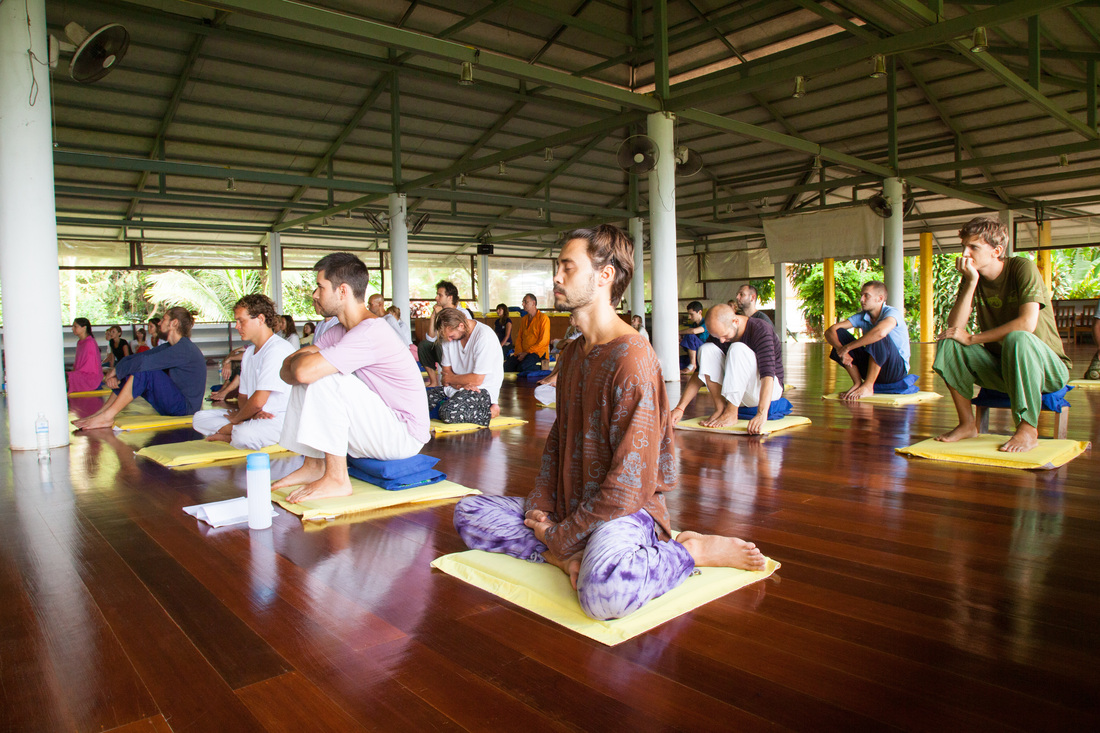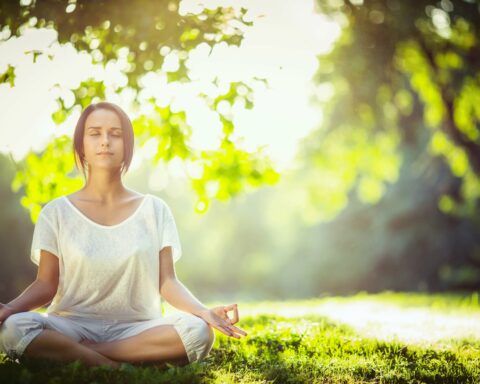1. What’s silent meditation? Are there any other names for it? Silent meditation involves complete silence by the meditator from the beginning to the end. It is also called vipassana.
2. If you can, give a bit of background on the history of the practice and its main uses/benefits as traditionally practiced.
The practice originated from the Buddhas and pays more attention on thoughts and mindful breathing. Is value is felt more when done through retreats taking seven to ten days. But others may choose to do it daily or on weekends, which takes over half an hour, unlike regular types.
3. Can you explain what the name means, for people who might wonder “Isn’t all meditation silent?”
It implies seeing things in their true nature. Vipassana means viewing things the way they are without essentially communicating. It helps people accept and take things the way they see them.
4. Are there any key differences between this approach other common meditation approaches?
Of course, yes. Silent meditation takes more time, especially when done in retreats- around 10-12 hours, but others may last a few minutes. It does not entail any internet or telephone links. Besides, it can take a full day without talking to others or spend time around them.
5. Why might someone try silent mediation? Are there specific mental health issues or concerns it might help with? Please list a few benefits and explain each.
Teaches patience
It is hard to remain silent for longer, but through the practice, people can learn patience. It is difficult but you will acquire patience as a virtue, more in the first days.
Helps build coping techniques
People practicing silent meditation mostly acquire self-acceptance as they learn to accept things in the manner they are. This helps deal with varied life difficulties and situations, giving enhanced coping skills.
6. Will this approach to meditation be a good fit for everyone? Or are there potential downsides?
Silent meditation may not be effective for all people. For instance, research suggests that some people may experience irritational and delusional thoughts. Others lose their self-control ability and execution function. The practice may also damage people’s senses to smell, sight, and earing. A study showed participants experiencing illusions, visions, and hallucinations, which was possibly de to high light sensitivity and light.
7. How can you tell if it’s not working for you?
If you meditate but your mind races or wanders, then the practice is not helpful. Meditation should help calm or give your mind a break. You should get a way of bringing your focus back to gain more from meditation.
9. Can a meditation coach/teacher help you practice this, or other meditation approaches?
Definitely yes, but not during the practice.
10. Can you offer any tips on finding someone? (A few links to helpful meditation resources or ways to find a teacher)
If you are looking for a meditation teacher, consider your location, the coach’s credentials, and the retreat type being given.
11. If meditation isn’t helping with mental health issues, might it be better to reach out to a therapist?
Definitely yes. But meditation is better because it works faster and solves many mental health issues.
- Eye Spy: Worldwide Eye Color Percentages - April 19, 2024
- Elevate Energy, Soothe Stress, And Peak Performance with The New UNBEETABREW Coffee Sensation - September 21, 2023
- Chef Bob’s Coffee: A Journey Fueled by Passion - July 29, 2023









